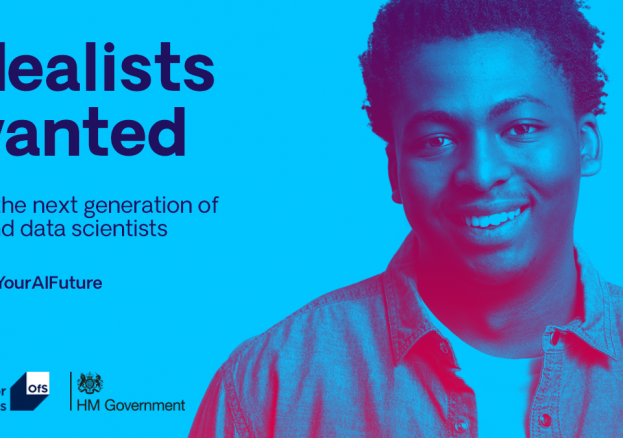
The programme of courses, which begin from autumn 2020, will be available in 28 universities across England, with 1,000 scholarships available to students from underrepresented backgrounds.
Through specialist teaching and paid work placements, the conversion courses will allow graduates from both STEM (science, technology, engineering and mathematics) and non or far STEM subjects, like philosophy or geography, to significantly boost their digital skills – helping to address the shortage of AI and data specialists joining the UK workforce.
The programme aims to target graduates from backgrounds often underrepresented in these industries, particularly female, disabled and black students – £10 million will be used for scholarships to support students from underrepresented groups, out of a total of up to £24 million invested by government, universities and industry partners.
The data science and AI courses developed by these universities will teach skills relevant to a wide range of industries: many of which will be crucial to support recovery following the coronavirus pandemic including medicine, transport, social sciences, and biosciences. AI is being used in innovative ways in many other fields too, for example in countering online abuse, detecting early signs of disease, and driving improved support for at-risk communities such as refugees.
Applicants could include people returning to work after a career break and looking to retrain in a new profession.
Chris Millward, Director for Fair Access and Participation at the Office for Students, said:
‘In recent years we have seen significant and increasing demand for digital skills in a range of fields. From healthcare and biosciences, to industry and transport – harnessing artificial intelligence and data science will be crucial in tackling significant global challenges for years to come.
‘It is also critical that graduates from all backgrounds have equal opportunities to gain the skills that employers need. With new AI and data science conversion courses across the country, and scholarships available to students from underrepresented backgrounds, this programme will both help tackle skills gaps and increase choice and opportunities for all students.’
